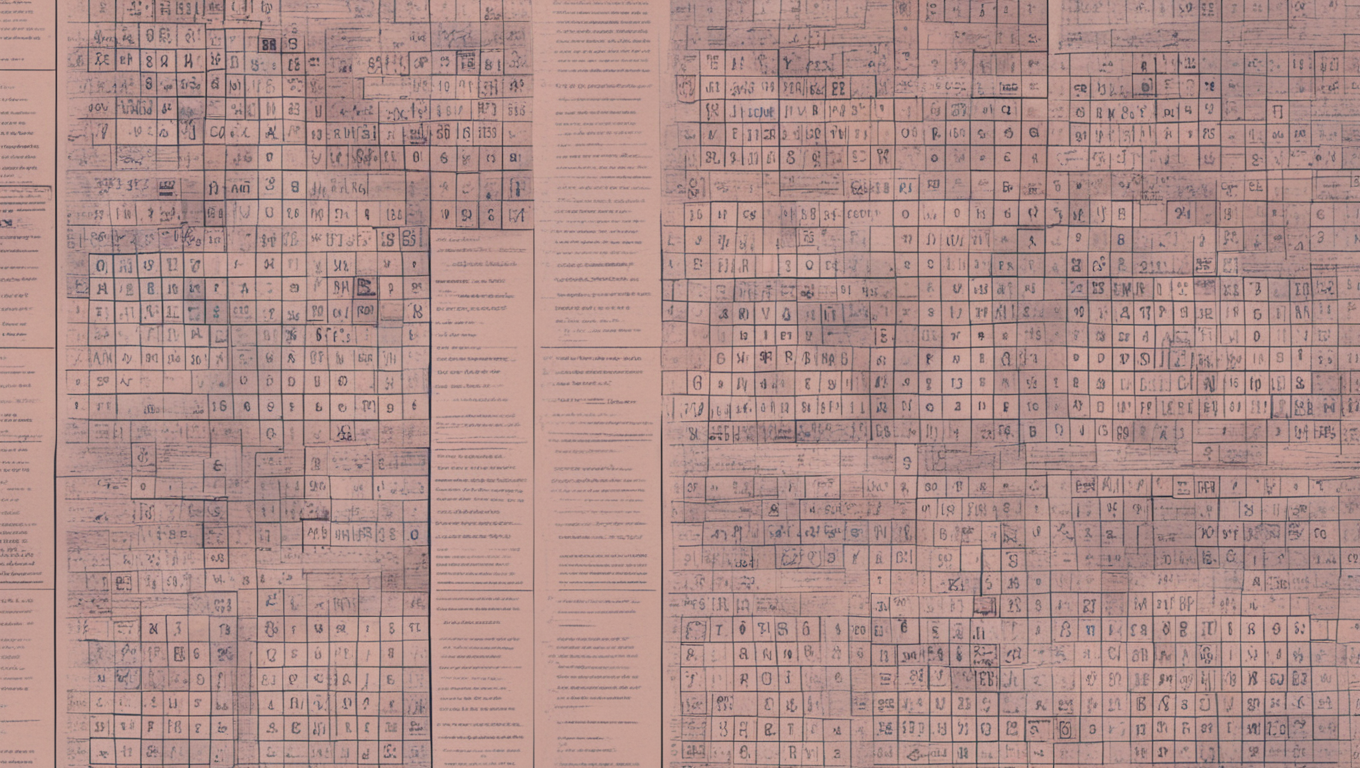While the world is gearing up for a busy year of elections, concerns about the role of artificial intelligence (AI) in spreading misinformation and disinformation are growing. The World Economic Forum recently published an alarming report titled “The Big Election Year: How to Stop AI Undermining the Vote in 2024,” highlighting the potential impact of AI-derived falsehoods on approximately 4.2 billion people across nearly half of the planet’s countries. The proliferation of easy-to-use AI interfaces has led to a surge in synthetic content, ranging from sophisticated voice cloning to counterfeit websites, which pose a significant threat to democratic processes worldwide.
One striking example comes from Taiwan, where the recent general election was marred by AI-generated disinformation. Despite the election of the anti-communist Democratic Progressive Party (DPP) faction, rumors of voting fraud orchestrated by the Chinese Communist Party (CCP) eroded public trust in Taiwan’s democracy and the newly elected government. The CCP utilized AI-generated fake videos, images, and texts as part of its cognitive warfare strategy, spreading misinformation across various online platforms. Taiwan’s national security sources revealed that AI-generated fake videos and audio featuring a virtual anchor reading from a book dedicated to spreading rumors about the DPP and then-president Tsai Ing-wen appeared on the internet through hundreds of fake accounts.
According to a report by Taiwan’s Information Environment Research Center, numerous high-traffic internet celebrities and private bloggers circulated rumors of “voting fraud” across platforms like LINE, Facebook, YouTube, and TikTok. Ethan Tu, founder of Taiwan AI Labs, described the CCP’s use of internet manipulation to disseminate statements favoring the party’s interests. “The main purpose,” Tu said, “is to give the impression that the CCP is a peaceful representative while attempting to convince people to believe that the U.S. is the troublemaker that brought about the [potential] war.” In addition, coordinated efforts by CCP-controlled accounts to suppress pro-Hong Kong and anti-communist comments further exemplify the insidious impact of AI-driven disinformation campaigns.
While Taiwan’s case is concerning, the most significant election on the horizon is the U.S. presidential election, scheduled for November 5th. Given the United States' global prominence in politics, economy, trade, and diplomacy, any interference in this election could have far-reaching consequences. Currently, three competitive candidates, former President Donald Trump, current President Joe Biden, and former Democrat Robert F. Kennedy Jr., are vying for the presidency. However, AI has already shown its potential to influence the election process. For instance, in New Hampshire, an AI-generated robocall with a voice resembling President Biden’s urged Democratic Party supporters to vote for the Republican presidential candidate in the primary. Additionally, AI-produced videos and pictures related to former President Trump have circulated online, further adding to the confusion surrounding the election.
Recognizing the gravity of the situation, tech giants such as Google and Meta have announced measures to combat AI interference in elections. These include labeling policies for AI to help users identify synthetic content more easily. OpenAI, another major player in the field, is introducing safeguards against its image-generating AI, DALL-E, by rejecting requests to generate images of real people, including candidates. OpenAI will also adopt digital authentication technology to improve the identification and tracking of digital sources, adding “digital watermarks” to AI-generated images for easy recognition.
However, while these efforts are commendable, there are still concerns about the effectiveness of these countermeasures. Kiyaohar Jin, a computer engineer in Japan, expressed doubts about the efficacy of OpenAI’s plans, stating, “It remains to be seen whether these practices will actually catch AI abusers.” The battle against AI-generated disinformation is constantly evolving, and it requires a holistic approach involving not only tech companies and security departments but also increased public awareness and vigilance.
As we navigate through this big election year, defending democracy from the threats posed by AI-disinformation is of paramount importance. The spread of misinformation and disinformation erodes trust in democratic systems, manipulates public opinion, and undermines the integrity of elections. It is crucial that we remain informed, hold tech companies accountable, and actively engage in efforts to combat AI-driven falsehoods. Our collective vigilance and resilience will be key in safeguarding the democratic processes that form the foundation of our societies.





Use the share button below if you liked it.